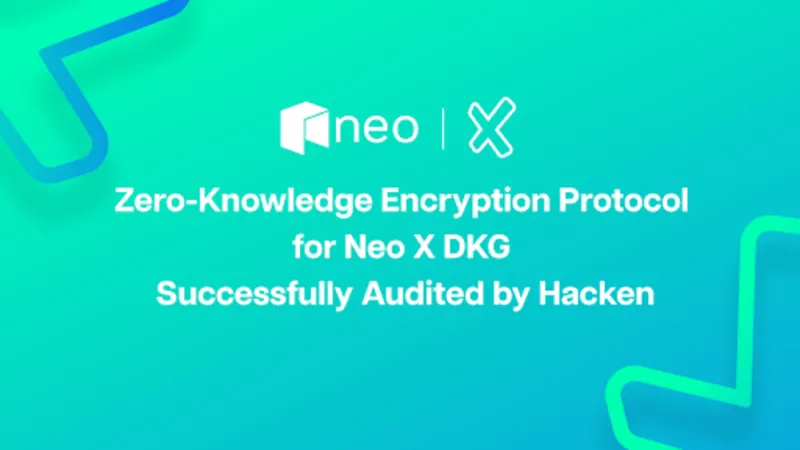South Korea's Financial Services Commission (FSC) has implemented an immediate suspension of cryptocurrency lending services across all domestic exchanges, citing significant investor risks and market disruption concerns as regulators work to establish comprehensive oversight frameworks.
The administrative guidance issued Tuesday requires exchanges to halt all operations allowing users to borrow against cryptocurrency holdings or fiat currency deposits. This suspension will remain in effect until new lending regulations are finalized and implemented.
The regulatory action targets rapidly expanding lending programs that had gained substantial traction since early July, when major platforms began offering leveraged borrowing services to retail and institutional clients seeking enhanced liquidity options.
Explosive Growth Triggers Regulatory Response
Cryptocurrency lending services experienced remarkable growth following their July introduction, with major exchange Upbit launching a program enabling users to borrow up to 80% of their deposit values using Tether (USDT), Bitcoin, and XRP as acceptable collateral assets.
Competitor Bithumb implemented an even more aggressive lending model, offering loans worth up to four times customers' holdings values. Other domestic platforms quickly developed similar products to capture market share in this emerging sector.
These launches aligned with the ruling party's proposed Digital Asset Basic Act, legislation designed to formally authorize lending services within exchange operations under proper regulatory oversight.
However, the FSC revealed concerning statistics that prompted the suspension order. Approximately 27,600 investors borrowed 1.5 trillion won ($1.1 billion) during the first month of one company's lending program, demonstrating the substantial scale and rapid adoption of these services.
The regulator disclosed that roughly 13% of borrowers faced forced liquidation due to cryptocurrency market volatility, highlighting the significant risks posed to retail investors. Additionally, the FSC identified unusual USDT sell-offs triggered by lending activities, which temporarily disrupted stablecoin pricing across Korean trading platforms.
Regulatory Framework Development Continues
Despite implementing the suspension, the FSC emphasized its commitment to developing clear guidelines for digital asset lending services rather than permanently prohibiting such activities.
"We will move swiftly to prepare guidelines to protect users and ensure stability in the market," the agency stated, indicating that comprehensive regulations are under active development.
Existing loan agreements remain valid under current contract terms, allowing borrowers to repay or extend their positions during the suspension period. Exchanges failing to comply with the suspension order will face mandatory on-site inspections and potential enforcement actions.
Both Upbit and Bithumb had previously paused lending operations in July before this comprehensive suspension, with Bithumb temporarily resuming services under stricter internal controls.
Broader Cryptocurrency Regulation Modernization
This lending suspension occurs within South Korea's larger strategic pivot toward regulated cryptocurrency adoption, as authorities simultaneously lift restrictions on institutional trading while preparing to approve the country's first spot cryptocurrency exchange-traded funds.
President Lee Jae Myung's administration is also developing a Korean won-pegged stablecoin framework, signaling growing governmental support for digital finance innovation under appropriate regulatory supervision.

 Nikolas Sargeant
Nikolas Sargeant







